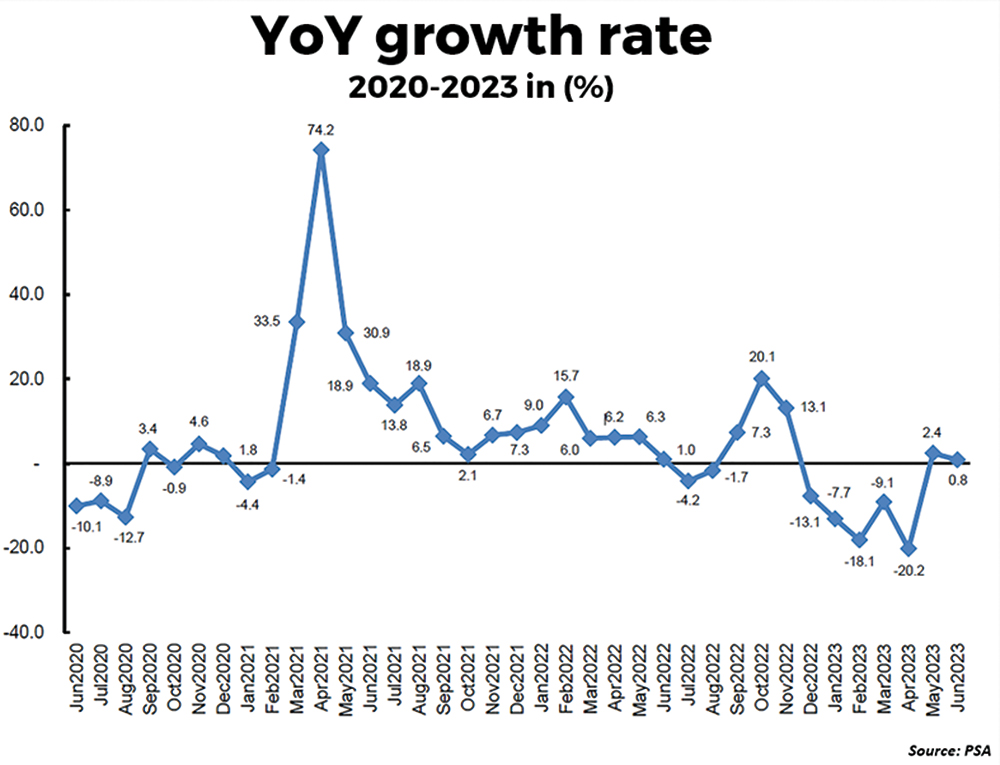Business groups continue to cite high power cost and limited access to financing as a big challenge to their operations.
George Barcelon, president of the Philippine Chamber of Commerce and Industry (PCCI) yesterday urged government to consider nuclear as a source even as the country transitions to green energy.
Sergio Ortiz-Luis, president of the Philippine Exporters Confederation Inc. (Philexport), meanwhile, slammed government for not being serious in looking after the welfare of the country’s small and medium enterprises (SMEs) as they continue to be underfunded compared with their Asean counterparts. Ortiz-Luis is also a director at PCCI.
In a press conference for the Philippine Business Conference yesterday, Barcelon said the government needs to address the mismatch between the supply of, and demand for, power by improving the grid system such that each time there is an excess in the baseload generation in one area, it can be shared to another region.
Barcelon also called for the need to tweak some provisions in the law where a power generation company cannot engage in distribution.
“We need to look at the efficiency of how the power is being distributed,” he said.
Barcelon also noted the need to address connectivity as well as reducing bureaucracy for new companies investing in new technologies, such as run-of-river.
Barcelon said nuclear energy should be on the table, albeit by studying very carefully its potential.
“Other countries have done it; it is one of the cleanest energy that a country can have. It should be at the table in the long term,” he said.
Barcelon said new technologies in nuclear power, such as modular, is being adopted in many countries and can carry a capacity of 100 megawatts and up.
Another technology uses pellets for easy disposal instead of radioactive plutonium.
David Chua, chairperson for energy and power of the PCCI, for his part, said the group is advocating a transition towards a clean and green future as far as energy source is concerned.
“But we have to balance the need for baseload capacity which unfortunately is not green and clean right now. We have to find new sources for clean and green.. and natural gas is one of them,” Chua said, even as he expressed support to renewable energy sources.
In the same event, Ortiz-Luis said Philexport will continue to push for the amendment of the Magna Carta on SMEs that would set appropriate funding for the sector..
As envisioned in the original law, 8 to 10 percent of the banks’ loan portfolio should be allotted for SME funding.
Ortiz-Luis said this did not materialize as the Bangko Sentral ng Pilipinas (BSP) allowed alternative compliance to this provision.
“Unless we come up with something out of box and consider seriously funding SMEs, nothing will happen, it is a waste of time because we are not serious,” Ortiz-Luis said.
“Government is saying we are developing SMEs (but) those are token (words),” he added.
He slammed the BSP for pushing digitalization as a response to SMEs’ needs.
“(Digitalization) is a tool, it is not the answer,” Ortiz-Luis said, adding previous amendments to the Magna Carta on SMEs had paved the way for the BSP granting alternative compliance and securing representation in SME bodies formed for the sector, resulting in regulatory capture.
“When the Philippines first passed the Magna Carta, it was way ahead of other countries. Today, what local SME funding gets is not even 1/10thof what Thailand gives to its SMEs,” Ortiz-Luis added.





